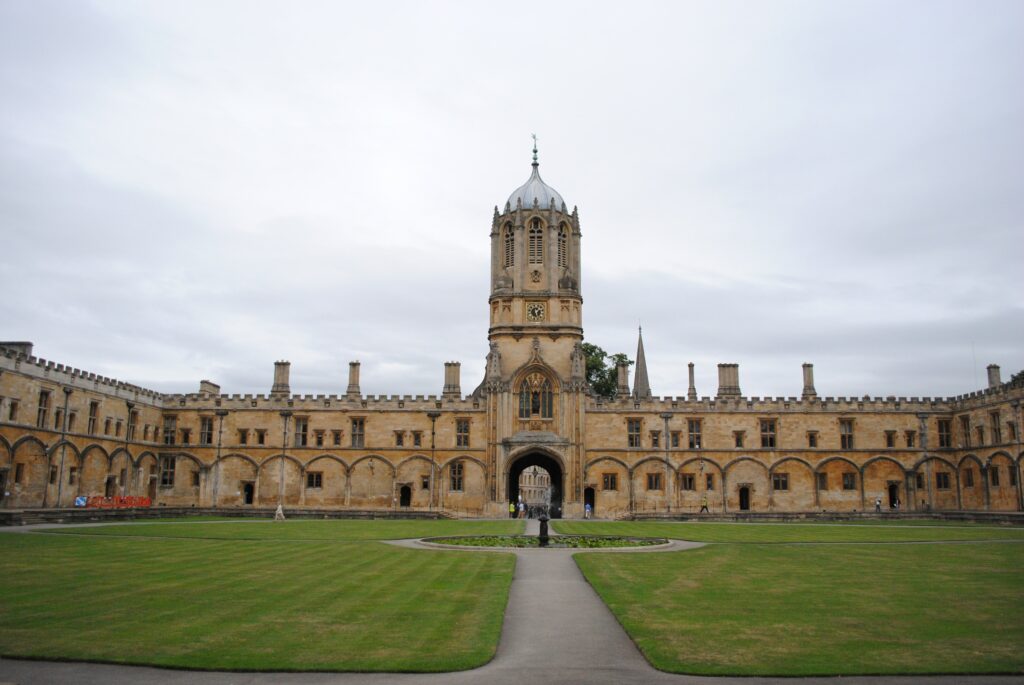The largest nation in the world, Russia, is renowned for its robust educational system and cultural history. Russia offers a sizable network of colleges and universities that provide top-notch instruction in a wide range of areas, with over 1,000 higher education institutions. These universities are well-known worldwide and draw students from all over. The number of colleges in Russia, their importance, and the country’s educational system will all be covered in this article. Students might choose to further their study in Russia with more knowledge of the educational system and the number of colleges offered. Let us know How Many Colleges Are In Russia?

How Many Colleges Are In Russia?
There are more than 1,000 higher education institutions in Russia, according to the Ministry of Education and Science of the Russian Federation. These organisations include, among others, universities, academies, and institutes. About 500 of them are state-owned, and the remaining are private or semi-private organisations. The universities in Russia provide undergraduate, graduate, and postgraduate degrees in a range of subject areas, including, but not limited to, engineering, medicine, social sciences, humanities, and law.
State-Owned Colleges
Government funding and direct control over state-owned universities in Russia. These schools give students access to high-quality education at reasonable prices. Moscow State University, Saint Petersburg State University, and Novosibirsk State University are a few of the well-known state-owned universities in Russia. These universities are known for offering high-quality instruction in a variety of subjects, which draws students from around the globe.
Private Colleges
Private people or organisations own and run private colleges in Russia. These colleges charge a higher tuition fee than state-owned colleges and provide courses in a variety of disciplines. Nonetheless, some private universities provide merit-based students with financial aid and scholarships. The Higher School of Economics, the Russian Presidential Academy of National Economy and Public Administration, and the Moscow School of Management SKOLKOVO are a few of the well-known private universities in Russia.
Education System in Russia
The Bologna Process, which strives to harmonise the higher education systems in Europe, serves as the foundation for Russia’s well-developed education system. Undergraduate and graduate programmes make up the two tiers of the system. Graduate programmes last two years, but undergraduate programmes often last four years. Colleges in Russia provide postgraduate programmes including doctoral programmes in addition to undergraduate and graduate degrees.
Graduates from Russian colleges are in high demand across a range of industries because of the country’s highly regarded educational system. The curriculum is created to give students a solid academic grounding and useful skills that will prepare them for life in the real world.
Specialized Colleges
Russia has a variety of specialised institutions that offer practical training and education in addition to standard universities. These institutions put a strong emphasis on fostering practical expertise and knowledge in fields like technology, agriculture, and construction, among others. These programmes can be finished in as little as six months, although their length varies. The Moscow Automotive and Road Construction State Technical University and the St. Petersburg State University of Technology and Design are two well-known specialist universities in Russia.
Scholarships
It is crucial for international students who are considering studying in Russia to be aware of the scholarship options that are out there because they can lessen the financial strain of attending a university abroad. Russian colleges and universities provide a variety of scholarships, from full-ride grants that cover tuition and living costs to partial cancellations of some fees.
This book offers a thorough explanation of the numerous scholarship kinds, their eligibility requirements, and application processes to help overseas students navigate the complicated world of scholarships in Russian institutions. This book seeks to arm you with the knowledge you need to make an informed choice about your education in Russia, whether you are a prospective undergraduate, graduate, or PhD student.
Student Life and Accommodation
Russia has a thriving student culture, with a variety of social and cultural events offered on campuses. Students have access to libraries, clubs that suit their interests, and sports facilities. There is no shortage of housing, and the majority of universities provide dorm-style housing for students. The price of lodging varies according to the area and style of lodging picked. Nonetheless, students also have the option of renting apartments or living in shared housing.
Conclusion
The educational system in Russia is well-developed, and there are several universities there that provide top-notch instruction in a wide range of subjects. Each type of college—state-owned, private, and specialized—offers its own set of benefits to students. When selecting a college in Russia, prospective students should take into account accreditation, research and innovation, student life, and accommodations. Graduates from Russian colleges are in high demand across a range of industries because of the country’s highly regarded educational system. As a result, enrolling in a Russian institution might be a fantastic opportunity for students to receive a top-notch education and get ready for a lucrative future.
FAQs
Q: Do I need to know Russian to study in a college in Russia?
A: In Russia, the majority of colleges offer courses in both Russian and English. Yet, it is advised to study a little bit of Russian because it might be useful in day-to-day living.
Q: Are scholarships available for international students in Russian colleges?
A: Certainly, many Russian universities provide merit-based overseas students with financial aid and scholarships.
Q: Is it expensive to study in a college in Russia?
A: Depending on the college and the course, attending college in Russia has a range of costs. Yet, it is typically less expensive to attend a state-owned college in Russia than a private one.

